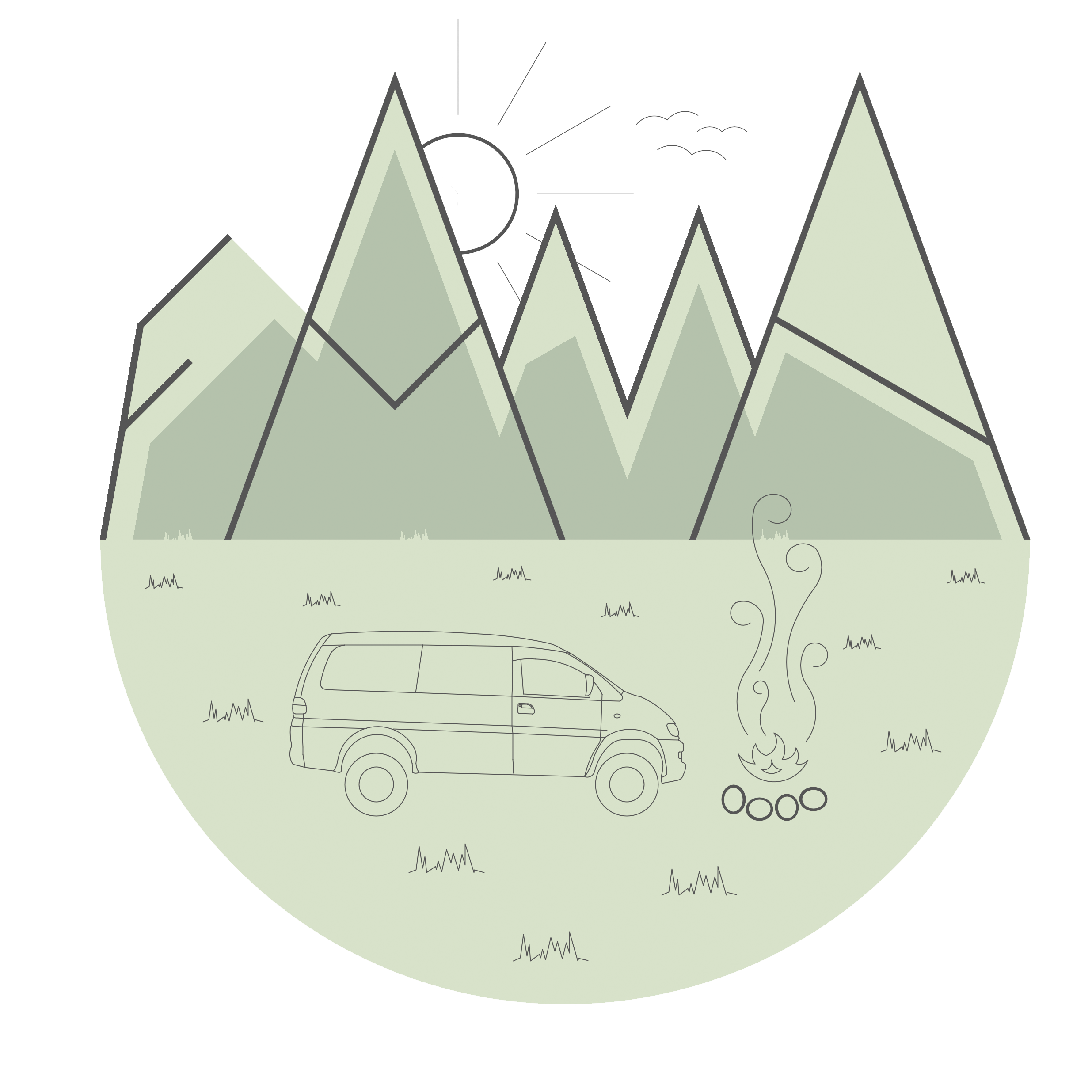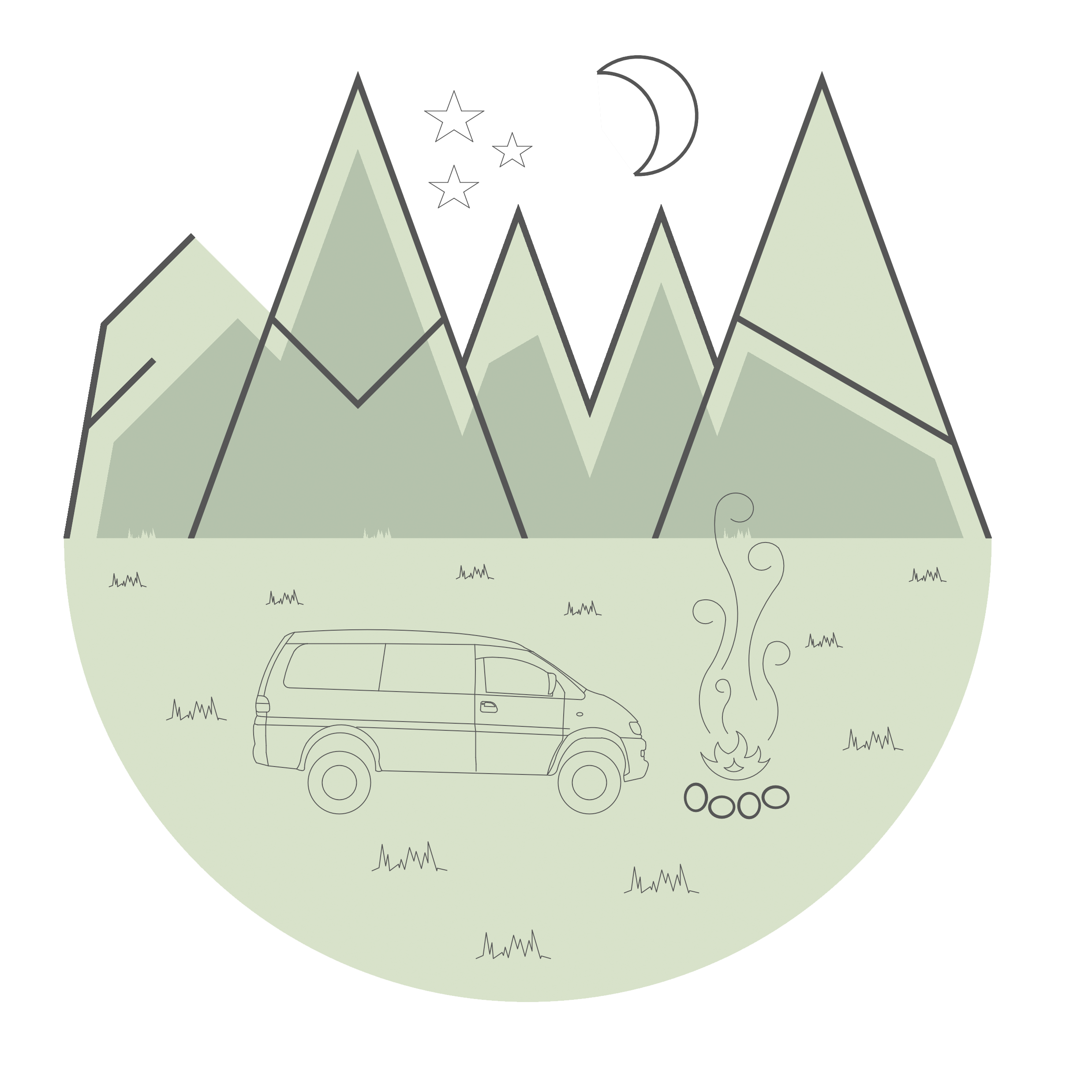Exited about our first whale spotting
Places we’ve been: see on Map
Reisezeit/Travel Time: around 3 hours with coach and ferry from Adelaide
Aufenthaltsdauer/duration of stay: 5 days
Unterkunft/Accommodation: Western KI Caravan Park
Tag vier starteten wir Richtung “Cape Borda”, im Nordwesten der Insel. Dort erreichten wir via Feldweg einen kleinen Parkplatz, von welchem aus man auf einem Wanderweg etwa 4km durch das Buschland bis zum Meer laufen kann. Dort angelangt findet man eine einsame Bucht mit wilder See. Auf jeden Fall war sie das an diesem Tag ?. Wir liessen diesen Ort eine Weile auf uns wirken und genossen den Augenblick. Das Gefühl so alleine an einem abgeschiedenen Ort zu sein fühlte sich irgendwie befreiend an. Auf dem Spaziergang zurück zum Parkplatz kreuzte noch ein “Echidna” unseren Weg. Dieser Ameisenigel ist nebst dem australischen Schnabeltier das einzige Säugetier, welches Eier legt. Nach einem kurzen Boxenstopp in “Parndana” gieng es noch zur “Vivonne Bay”. Es gab eigentlich keinen speziellen Grund diese Bucht zu besuchen, stellte sich aber bald als eine der besten Ideen die wir hatten heraus. Nach dem wir mit dem Auto die letzte sanfte Düne erklommen hatten, sahen wir als erstes, etwa 500m vom Strand entfernt, eine Walflosse aus dem Wasser ragen ?. Wir trauten unseren Augen kaum und waren total aufgeregt, schliesslich hatten wir beide noch nie einen wilden Wal gesehen. Schnell parkten wir das Auto, schnappten uns die Kamera und suchten einen guten Spot um das Schauspiel zu bewundern. Von anderen Schaulustigen erfuhren wir, dass es sich wahrscheinlich um eine Glattwal Kuh mit ihrem Kalb handelte. Wir blieben eine Weile in der Bucht und sahen dabei zu, wie die Mutter ihrem Jungen beibrachte mit der Schwanzflosse auf die Wasseroberfläche zu schlagen um Feinden Angst einzuflössen. Bald aber begann die Dämmerung und es wurde Zeit für uns zurück zu fahren. Obwohl wir einen sehr ausgefüllten Tag hatten, machten wir zurück auf dem Campingplatz wieder auf zu einem kleinen Spaziergang da wir festgestellt haben, dass viele Tiere bei Dämmerung viel aktiver sind als tagsüber. Wir waren noch gar nicht weit von unserem Bungalow entfernt, da sahen wir bereits eine Kängurumutter mit ihrem Kleinen beim grasen. Die Beiden liessen uns auch ziemlich nahe an sie heran. Wahrscheinlich sind sie Menschen ein wenig gewohnt ?.
We started day four with a visit at the “Cape Borda”, which is in the north west of the island. Over a gravel road we reached a carpark from where a path led approximately 4km through the bush land to the beach. Once we made it through the bush, we reached a desolated bay with wild sea. At least on this day the sea was very wild ?. We soaked in the feeling of loneliness for a while. It felt kind of liberating to be at such a remote place. During the walk back to the parking an echidna passed our way. This little creature is next to the platypus one of only two egg laying mammals on earth. After a short pitstop in “Parndana” we made our way to the “Vivonne Bay”. Despite its beauty, there is actually not a particular reason to visit this bay. However, it was one of the best ideas we had. As we reached the top of the last dune, the first thing we saw was a fin of a whale reaching out of the water just 500m away from the beach. We couldn’t believe what we saw and were super exited, after all it was for both of us the first whale spotting in nature. We hurried to park our car, picked the camera and looked for a good spot to enjoy the show. From other onlooker we learned that the whale is probably a southern right whale female with her calf. We spent some time and observed, how the mother taught her baby to slam their pectoral fin on top of the water surface to scare predators away. But soon dawn began and we had to head off, we took this wonderful memory with us and will never forget it. Even though we had a very fulfilling day, we still went for an evening walk around the campground. We already knew that wildlife is incredibly active during dawn and wanted to see what nature had to offer this night. We had not even reached the fence around the campground as we already saw a kangaroo mother and her kid grazing. Both of them actually let us come very close implying they’re accustomed to have people around ?.









Sorry, the comment form is closed at this time.